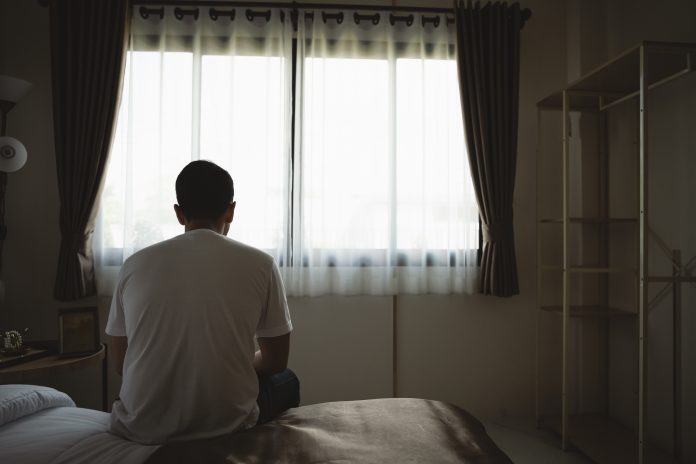The prevalence of men’s mental health disorders is increasingly a subject of concern. The recent rise in the number of deaths by suicide in that same demographic tells us an alarming story and suggests that it impacts more men than we might think. Sandra Stein tells us more
As a therapist, I experience this trend first-hand – with 75% of inquiries coming from men and 80% of my clients being male. Despite this number, men still face psychological and cultural blocks in seeking help due to the perception of stoicism attached to being a man.
Understanding the causes of male depression
The presenting mental health struggles range from substance use disorder and anxiety to – more predominantly – depression. An array of reasons can cause depression for men, but data suggests that living circumstances and societal expectations play a big role in how men see themselves and value their identity. Unemployment, relationship issues and being affected by serious illnesses are some of the common causes of depression disorder for male clients.
Substantial life events, such as becoming a parent, can also make men vulnerable to depression; twenty-five per cent of dads experience mild depressive symptoms, and around 10-12% have a diagnosis of depression. (1) Much like postnatal depression in mothers, it often goes undiagnosed, and symptoms can be attributed to the stresses of having a newborn.
Though the stigma of seeking support for mental health is being tackled, men still face discrimination and bullying for showing vulnerability in asking for help. Some fear being labelled weak, ostracised and rejected. So, they go on suppressing their emotions and psychological symptoms by denying themselves and others the need for support, and therefore, sometimes, it is difficult to know when help is needed.
The impact of workplaces on men’s mental health
Since men tend to derive their self-worth from being able to provide, their job can become an important part of their identity. Employers can contribute massively to the destigmatisation of finding mental and emotional support in the workplace.
Offering talks and workshop exercises that normalise such behaviour and offer a non-judgmental environment for men to feel encouraged to speak up are effective ways to open the conversation in the workplace. This can have a profound impact on speaking up about mental health challenges across the team and drive psychological safety amongst the team, leading to an improved organisational culture overall.
The warning signs to look out for
Whilst mental health struggles are often hidden, there are signs that family members, friends and employers can look out for when it comes to male mental health, and more particularly depression:
- When one becomes isolated and has an extremely sad demeanour for a long period
- Looking severely unkempt and ‘self-neglected’
- Use (exaggerated and sudden) of drugs and alcohol
- Severe weight loss
- Loss of memory and appearing confused
These are some of the behaviours that can be associated with depression. In my experience, access to a support network at home and work is one the main strategies that can assist men to acknowledge for themselves that they can’t do it alone and that they are wanted, valued and loved even if they don’t feel their best selves.
Addressing and overcoming men’s mental health
Male depression can be treated with talk therapy as well as those components cited above and/or medication such as antidepressants and mood stabilisers. Sometimes, medication can greatly assist talk therapy to work more efficiently as it helps to control the floods of emotions. Also, a change of lifestyle, if needed, is highly recommended, such as physical exercises (serotonin release) since low levels of serotonin are closely linked to the cause of depression; healthy eating habits as the gut enteric nervous system (ENS) is connected to the brain nervous system. So, what we eat impacts how our brain and hormones work – and, therefore, our psychological and emotional wellbeing.
Avoiding consumption of alcohol and drugs is highly recommended for those with depression as these substances mess up our physiological homeostasis (healthy function of our body) as well as exacerbate feelings of sadness and anxiety.
Another component that is important to help regulate or even recover from depression is exercise. Being present through mindful practices that focus on breathing and body, such as meditation, massage therapy, and others, is tremendously beneficial, especially for men who tend to have busy minds and some resort to drinking to ‘quiet it down.’
Through those mindful exercises, they can learn to self-regulate, experience emotions without the urge to shut them down, get to know themselves better, and self-support in moments of crisis and loneliness.











